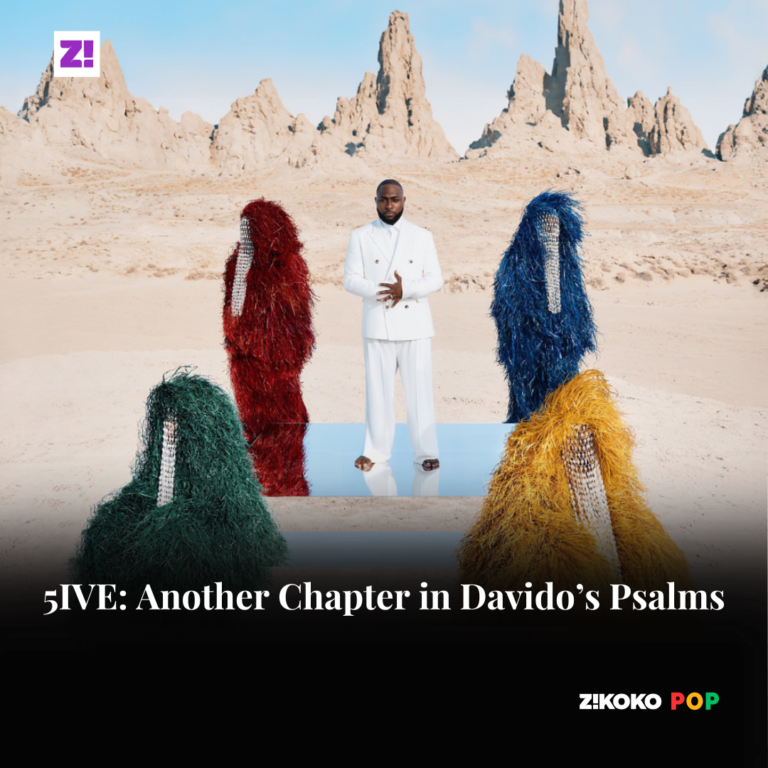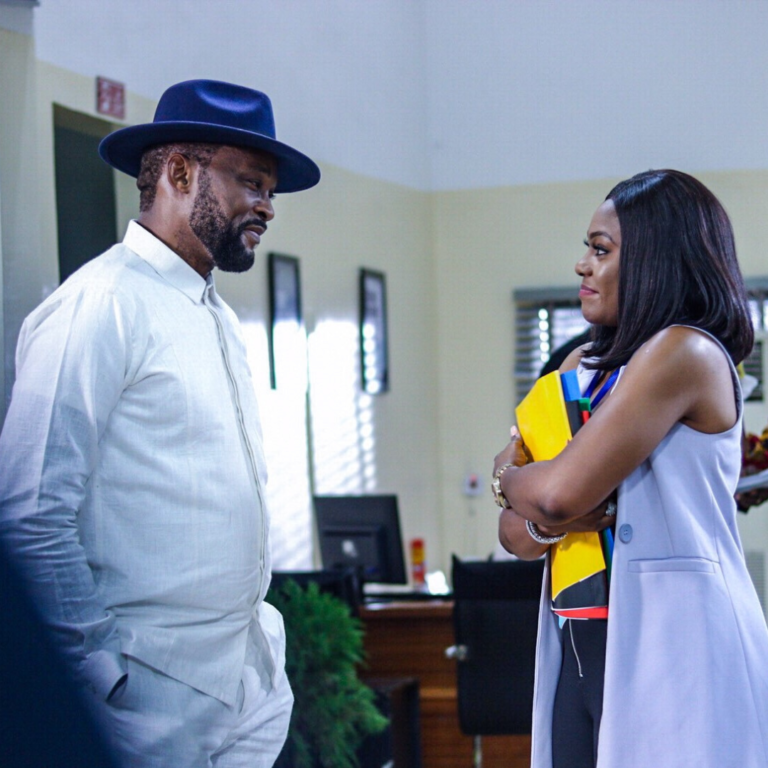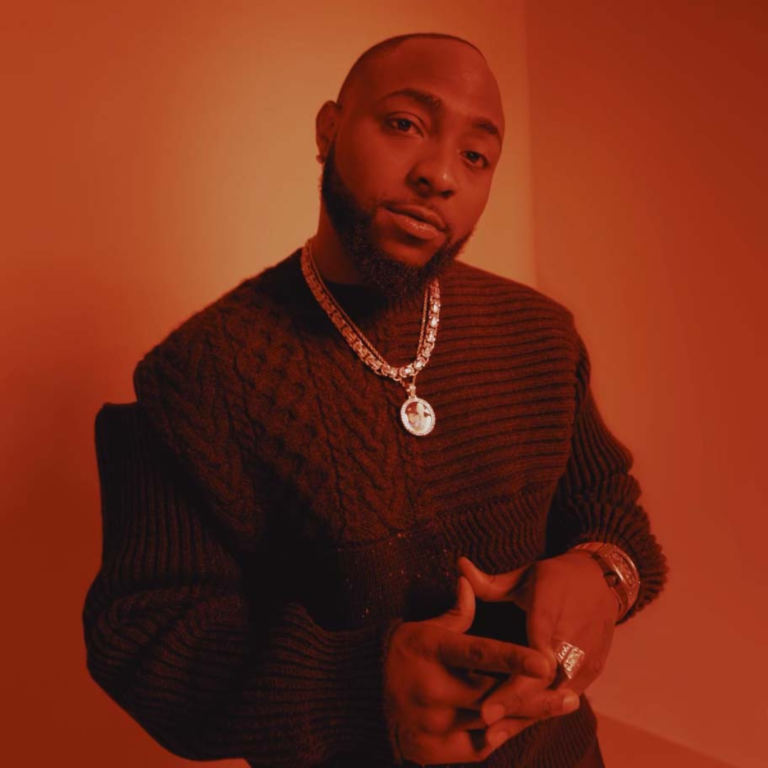It’s a bit different in this part of the world. The music climate strongly suggests keeping composition simple, if not totally stupid, to crack and even maintain a notable level of recognition or commercial success. Giving one’s stories to the world may make it harder to get booked for shows—except for a few who’ve done it with some singles and albums and the new crop of street-pop acts currently birthing and shaping their identities through honest personal stories and poignancy.
Most stories in these young artists’ music hardly consider conservatism, high morals, judgments, or parental advice. Some say that’s crude and explicit. Others call it honesty.
The art of “telling it as it is” exposes and informs as much as it pleases and displeases. It should be understood that there are different lives outside the ones we’re familiar with. Such is Ayo Maff, a young, rising Nigerian singer.
His six-day-old introductory EP “MAFFIAN” delivered to high demand for a lengthy run of his music. Ayo Maff’s charm lies in his presumed innocence and the chilling yet casually sincere things that pour from his mouth. His EP continues all he’s been saying in his singles, only that the first track, A BEAUTIFUL SONG, takes a quick deflection to write to his love interest. He fights hard to keep his hard-guy front, but that quickly flies out of the window, leaving only his desire for Cupid and company.
Packing the weight of his hard upbringing and music journey, fought battles, lessons, vulnerability and co-signs from bigger artists, Ayo Maff rolls back into his soliloquy form on the Magicsticks-produced Are you there? After asking whose shoulders he can rest on and who he can call his brother and tell his bothers, Ayo Maff asks, “Se o le se bi Ojo fun mi?” (meaning “Can you fill the void Ojo left behind?”). His frequent listeners would know Ojo is an unforgettable friend and benefactor whom Ayo Maff has severally described in his songs like 7 Days and Jama Jama as a fallen victim of police and criminal injustice. Carrying on by himself, Ayo Maff calls for eyes and witnesses to behold his talents and greatness.
Self-belief continues to drive Ayo Maff, who’s gunning for a long-lasting legacy on 7 LIVES. In the song, he stands in solidarity with another friend called Dele, who’s currently serving five years for an undisclosed crime in Kirikiri. Ayo anxiously waits for Dele’s return. Understandably, keeping the memory of his friends alive through his music is loyalty and payback for the benevolence they’ve shown him.
The situations of Ayo Maff’s friends are perhaps a hint to his person and the kind of company he keeps. Or, in a larger complex, a peep into the complicated lives of young people born to and living in places with a lack of economic opportunity, increased poverty and crime rates. On 8 Days, he narrates leaving home at age 15 to hustle, making his way into Yahoo as survival means, a popular narrative in this part of the world. Again, Ayo Maff gives a shout-out to Obinna, another friend who showed him kindness when he was still a Nigerian Prince. His succeeding music career still surprises him. In the song chorus, he bites “Iku to pa Teacher, o le pawon nigga” off Mohbad’s Ask About Me song—a subtle reminder to self to enjoy and make best of what he has now because death doesn’t care about young or old; it could visit anytime.
The clarity and conviction in his lyrics and delivery don’t land only fascinating stories, no matter how familiar; they give the listeners a strong sense of first-hand experience. This is the life he’s always known and sings about, in addition to fighting for a silver spoon he wasn’t born with.
2 DOLLAR, an amapiano record produced by SPACEBOY MERCURY, builds on the rhythmic syllable of “OBLE,” a street slang first popularised by Seyi Vibez. It’s a party song that shouts out his friend T Dollar, another street-pop artist and dancer. Go Back follows. This is the jam one’s likely to repeatedly play especially if one can’t go back home without financial freedom or notable success, one’s only option is going hard and pushing forward.
The last track is his recent single LAST WEEK, released in July 2024. The buzz of his recent single caught the attention of netizens who unfairly criticised it based on a catchy 55-second video cut that doesn’t tell the song’s full story. He’s speaking in the common street hustle lingo. Beyond the bold claims of truancy, loud puffing and fast life, Ayo Maff subtly describes the life of numerous youth in universities across the country.
Indeed artists should be responsible and held to standard, but you can’t cramp their styles, or restrict and police their language and art. Curiousity, without judgement, is all it takes on the listeners’ part. That’s how we learn about the life, struggles and absurdities of others.
Despite meeting his idols, reaching new heights in his career and getting mentioned in conversations that position as the next big thing, Ayo Maff’s head still spins with trauma, his mind state is still stuck in the rat race. Rather than busting in euphoria, he keeps his mind fixated on that ultimate breakthrough. It makes one think he’s perhaps unimpressed with how long it took him to get his current buzz. “MAFFIAN” doesn’t only define him, his sound, style and identity, it’s shaped the name of his fanbase and music movement. With a number of buzzing singles in the last one year and this new EP, Ayo Maff proves himself capable, diverse and committed to quality and consistency. The “MAFFIAN” production style swings from afropop to drill to amapiano. Ayo Maff has possibly put himself in the rookie of the year conversation.




